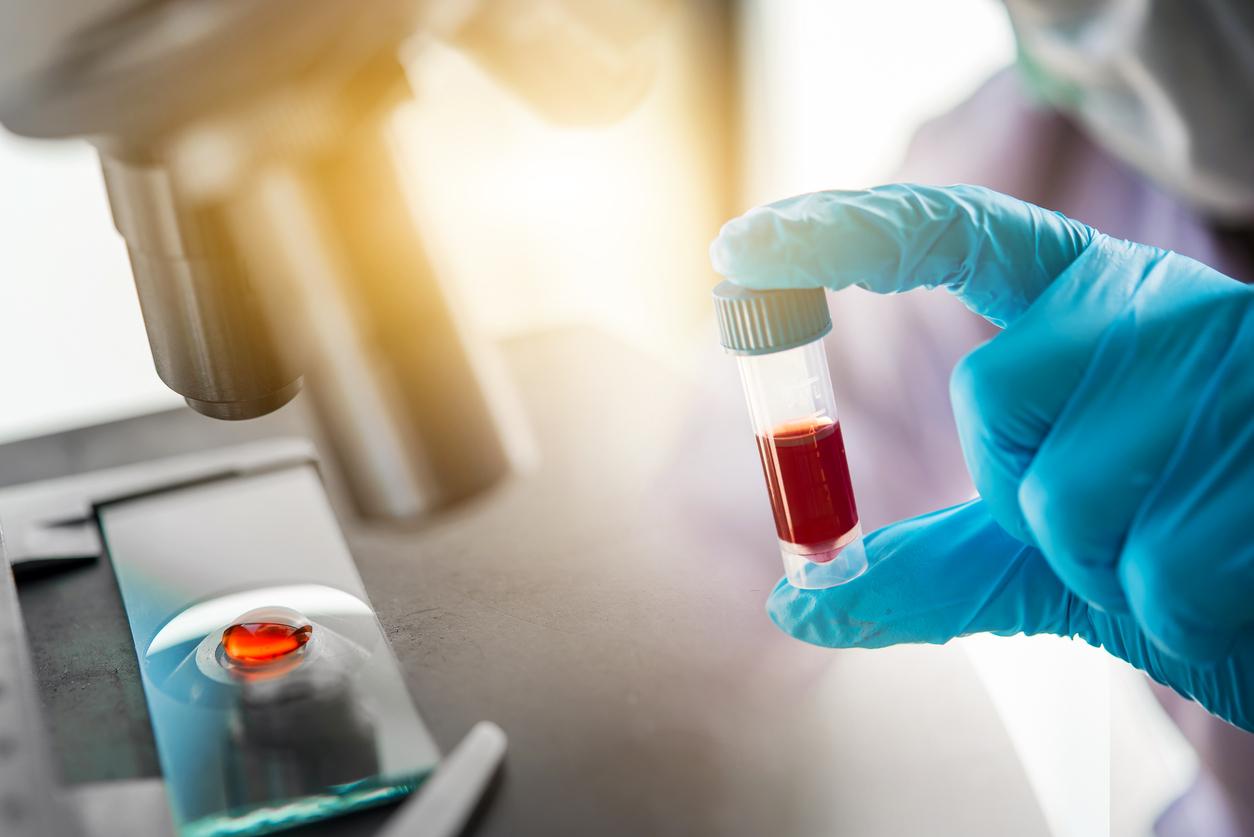A US study claims that aspirin consumed in small amounts slows the progression of cancer cells.

What if aspirin, the substance used daily by millions of people around the world to relieve mild pain, was in fact an effective way to block the progression of breast cancer? In any case, this is what this study, carried out by researchers from the Cancer Research Unit in Kansas City (United States), whose conclusions were published in the latest issue of the journal, affirms. Laboratory Investigation. In fact, small amounts of aspirin could, in addition to chemotherapy, be enough to prevent residual cancer cells from renewing themselves.
Aspirin prevents the regeneration of cancer cells
The works were divided into two very distinct parts. First, the researchers used breast cancer cell cultures. These cells were then exposed to acetylsalicylic acid (aspirin), the main compound in aspirin. After several days of observation, it could be pointed out that cancer cells had a much harder time to develop than before.
Based on these initial results, the scientists then studied the effects of aspirin on mice with aggressive tumors. Daily, they were inoculated with the equivalent of 75 mg of aspirin for a human. At the end of the study, the mice treated with this treatment had tumors on average 47% smaller than the others. “We discovered that aspirin blocked the regenerative faculties of cancer cells,” explains Dr. Sudipto Banerjee, in charge of the study. “The results were satisfactory in both tests, it is a good starting point for future experiments” he continues.
To go further, the researchers tried to see if aspirin could also serve as prevention against cancer. To do this, they gave another group of mice doses of aspirin for 10 days. Some time later, they were exposed to cancer cells. It has been noted that cancer has a much harder time growing in cells treated with aspirin.
A new hope for prevention?
Scientists remain reserved about their discovery: “Of course that does not remove 100% of the risks,” moderates Dr Banerjee. On the other hand, we must also “bear in mind that the doses given were very low, our room for maneuver is still important”.
.

















